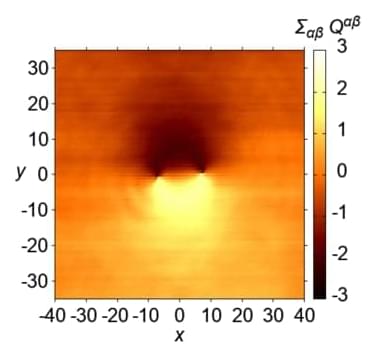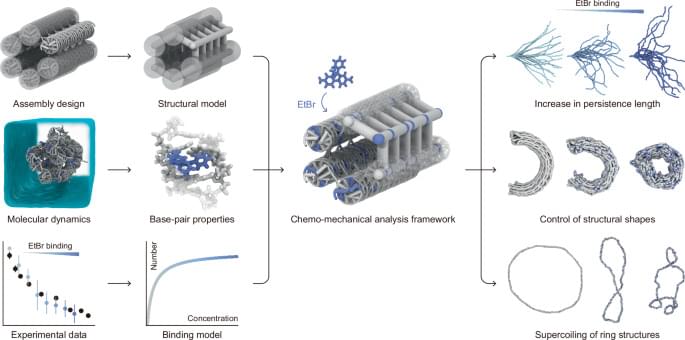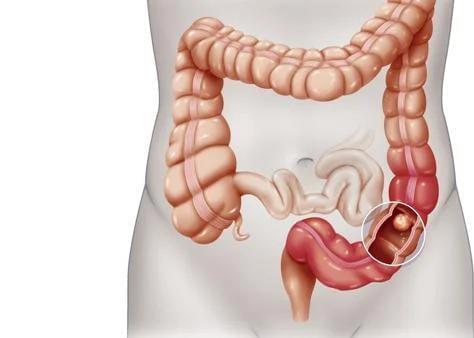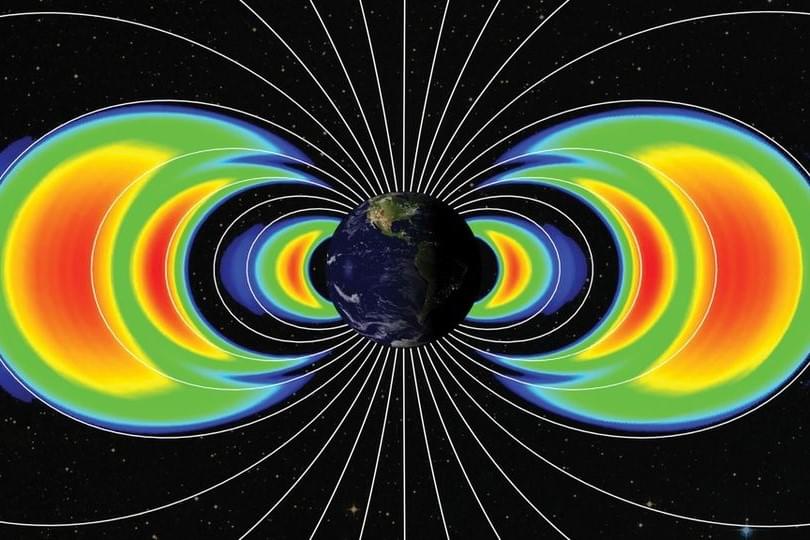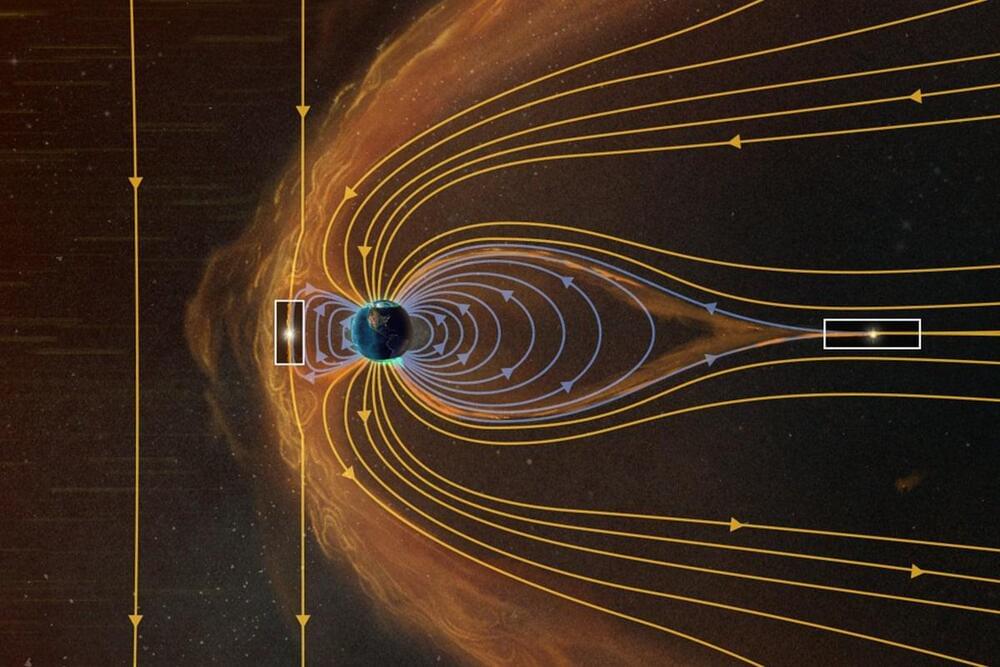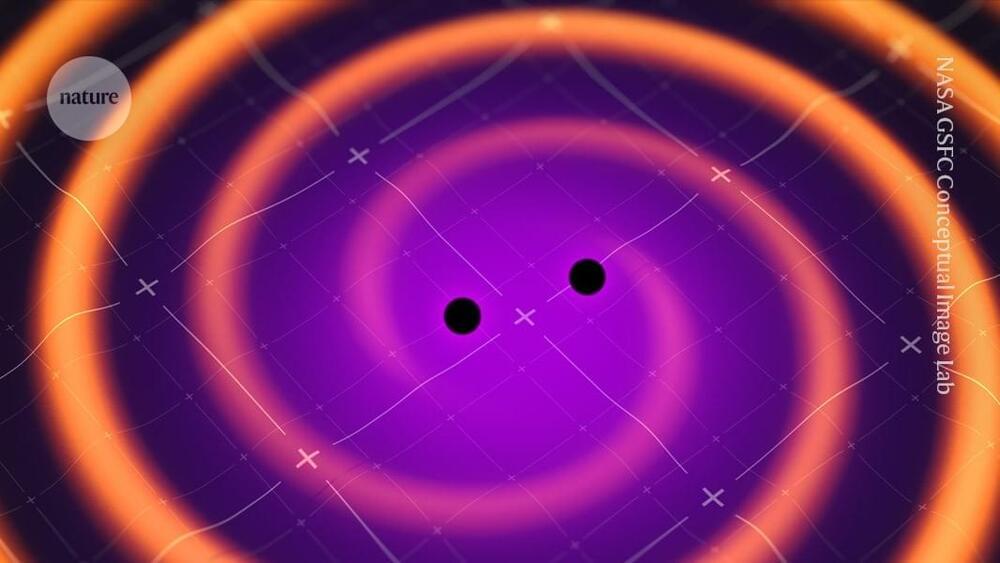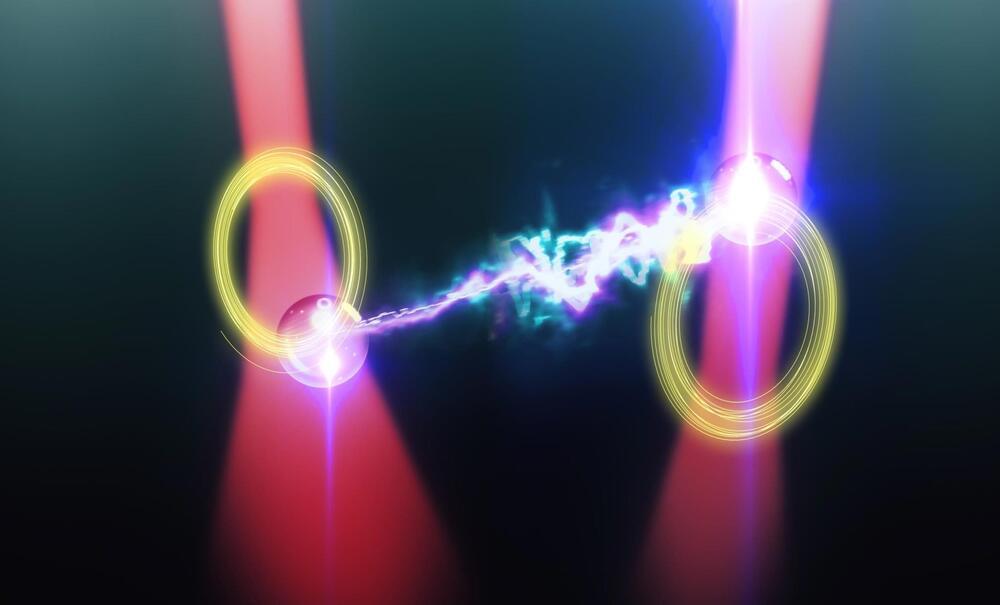Aug 1, 2024
Can quantum particles mimic gravitational waves?
Posted by Dan Breeden in categories: cosmology, particle physics, quantum physics
When two black holes collide, space and time shake and energy spreads out like ripples in a pond. These gravitational waves, predicted by Einstein in 1916, were observed for the first time by the Laser Interferometer Gravitational-Wave Observatory (LIGO) telescope in September 2015.
